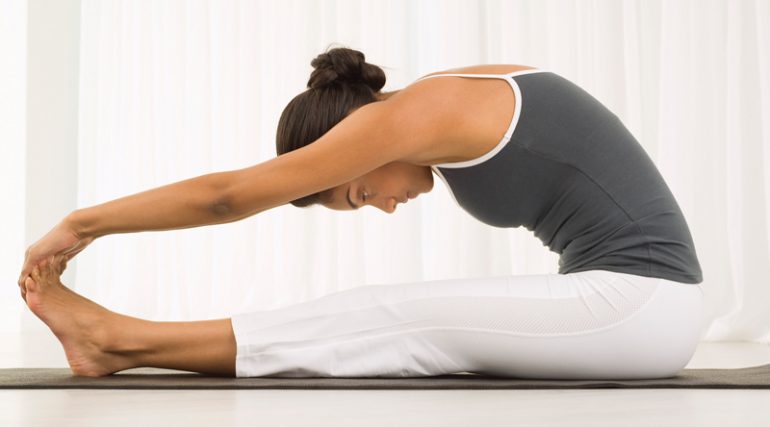By Johanna Burani, MS, RD, CDE
EXERCISE AND DIABETES
If you have type 1 diabetes, ask your doctor or diabetes educator how to lower the amount of insulin you take when you exercise. You don’t want your blood glucose to drop too low. Always check your blood glucose level before and after exercise. If you work out for a long time, you may need to check during your activity. Never exercise on an empty stomach: Eat a snack before or right after your exercise and drink water while you are exercising. It is also a good habit to carry glucose tablets or gel or some other fast-acting sugar source with you in case you feel weak during your exercise.
If you have type 2 diabetes and take insulin, follow the same rules as for type 1. If you take oral medicines or no drugs at all for your diabetes, it is still good to speak to your doctor or diabetes educator about your exercise plans. Test your blood glucose level before and after exercise to see if you need a snack. That will also show you to what extent exercise affects your blood glucose level. If you exercise for a long time, be sure to bring along a snack, such as fruit or yogurt. And always have water with you to drink.
EXERCISE GUIDELINES
The American Diabetes Association recommends people with prediabetes and diabetes to be physically active at least 150 minutes every week. That means 30 minutes of exercise five days a week. To do so, you can walk, play softball, mow the lawn, clean the house, take an exercise class or anything else you like to do. You can wear a pedometer on your belt or waistband. That small tool counts how many steps you take each day. A good long-term goal is to reach 10,000 steps every day. It is common sense to start at a comfortable level and increase the time and speed of your exercise over a period of time. To get the most from your exercise, do it most days every week throughout the year.

